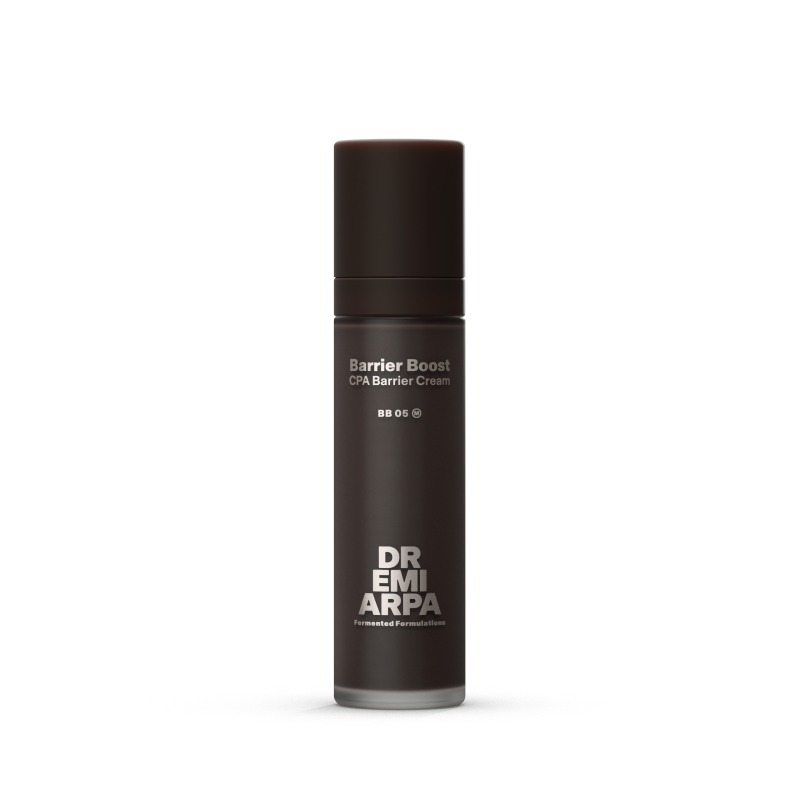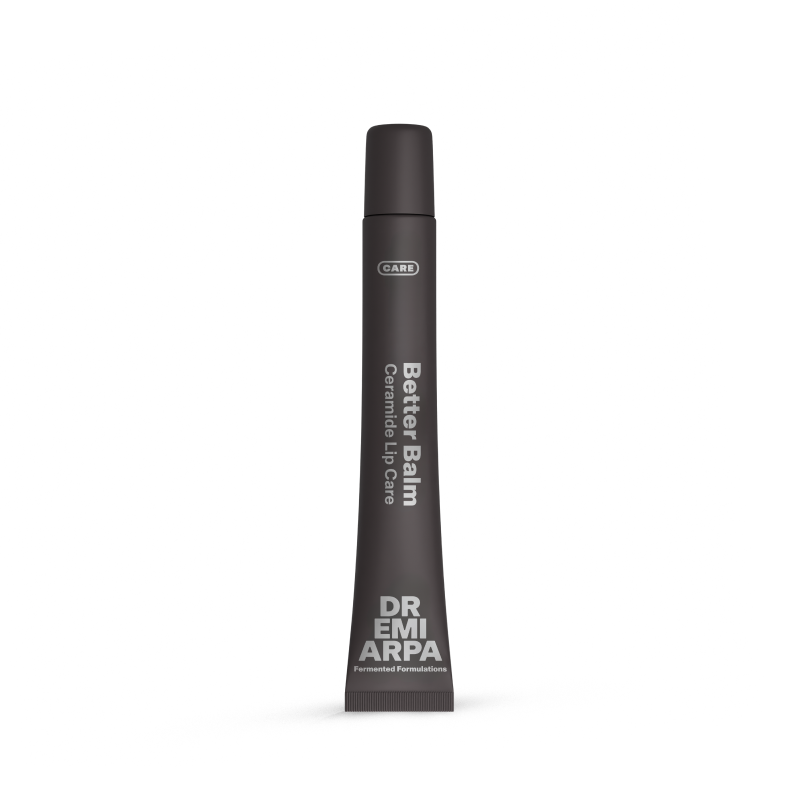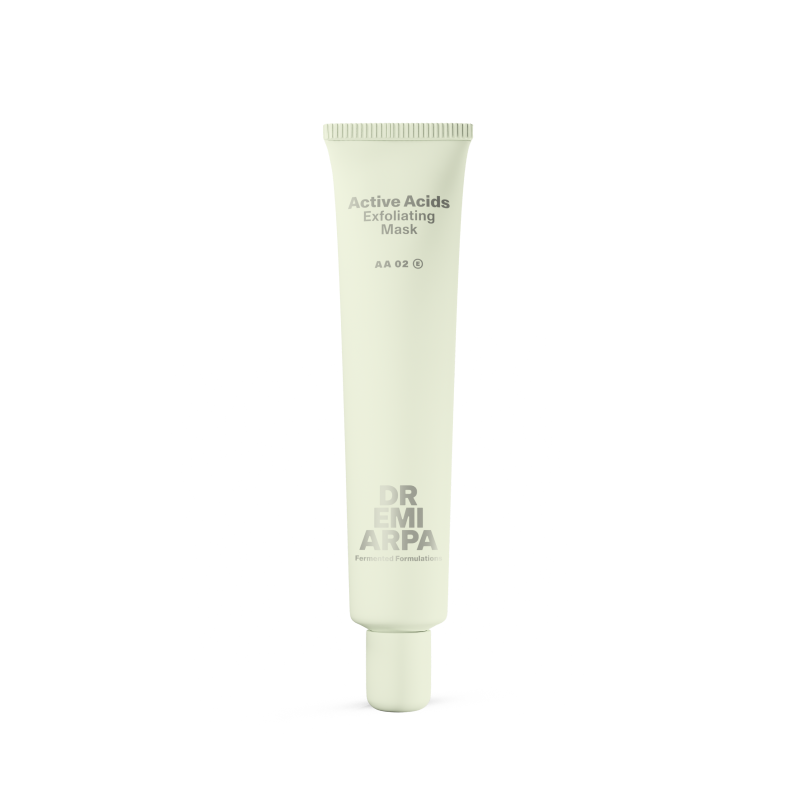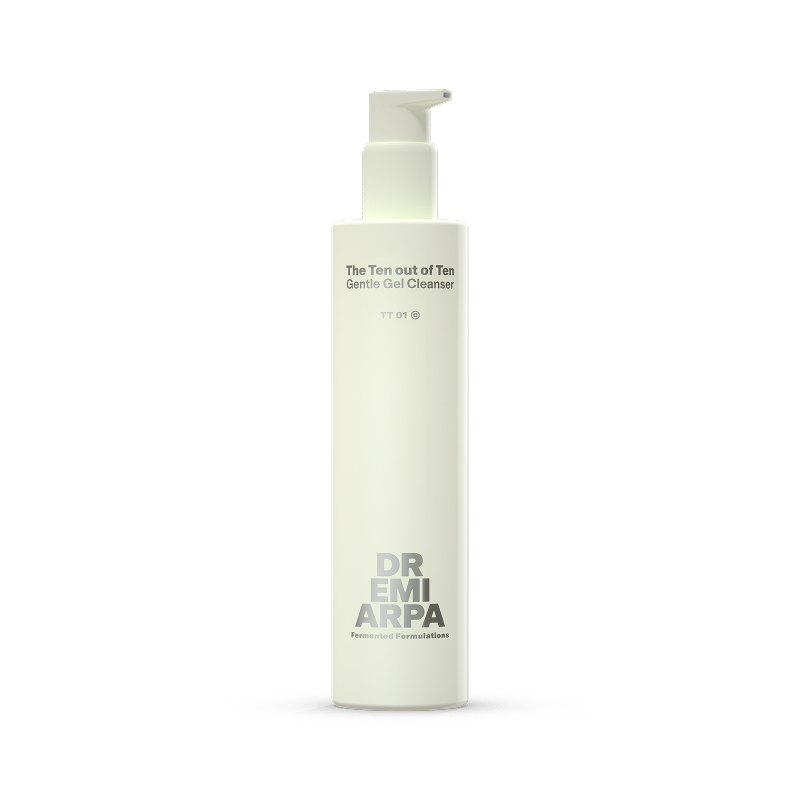CARNOSINE
Share
Carnosine is a dipeptide, consisting of the amino acids alanine and histidine. It naturally occurs in high concentrations in muscle and brain tissue. Carnosine is a powerful antioxidant that promotes wound healing and can minimize redness. (1)
In an ex-vivo study, a cream with 0.2% Carnosine also exhibited remarkable anti-glycation properties.
Glycation is a reaction between proteins and sugars that leads to the formation and accumulation of certain glycation end products. It has been found that these end products are also related to extracellular matrix proteins such as collagen and elastin. The glycation of collagen I, an essential structural protein in the dermis, impairs its function in various ways. Studies have shown that glycosylated collagen and elastin exhibit altered biomechanical properties, leading to a loss of elasticity and increased stiffness, which in turn promotes the appearance of wrinkles. (2)
(1) Schagen SK. Topical Peptide Treatments with Effective Anti-Aging Results. Cosmetics. 2017; 4(2):16. https://doi.org/10.3390/cosmetics4020016
(2) Narda, M., Peno-Mazzarino, L., Krutmann, J., Trullas, C., & Granger, C. (2018). Novel facial cream containing carnosine inhibits formation of advanced glycation end-products in human skin. Skin Pharmacology and Physiology, 31(6), 324-331.






